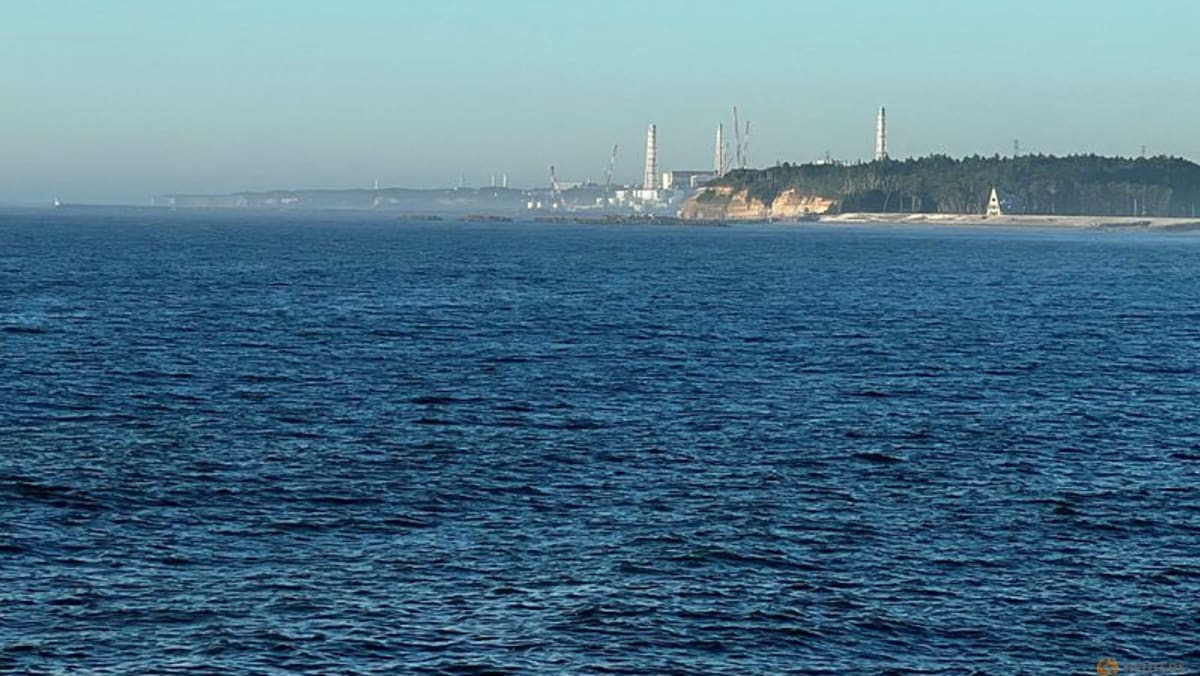Tests of seawater near Japan’s Fukushima nuclear power plant have not detected any radioactivity, the environment ministry said on Sunday (Aug 27), days after authorities began discharging into the sea treated water used to cool damaged reactors.
Japan started releasing water from the wrecked Fukushima plant into the Pacific Ocean on Thursday, sparking protests within Japan and neighbouring countries, in particular China, which banned aquatic product imports from Japan.
Japan and scientific organisations say the water is safe after being filtered to remove most radioactive elements except for tritium, a radioactive isotope of hydrogen.



Did they test the sea floor? Some of it sinks. The concern isn’t radioactive seawater, it’s seabed accumulation working its way into the food chain
The sea floor will have a lot of thorium and uranium, because every inch of the ocean floor does. This is because uranium oxide is water-soluble, and billions of years of erosion have led to the oceans being full of the stuff.
Thorium does not have a natural water-soluble oxide, but can end up in suspension, to participate out to the ocean floor.
Now, we’re not actually talking about uranium or thorium in this water discharge, instead we’re talking about deuterium and tritium, both of with can naturally be found in seawater, but natural tritium is vanishingly rare. It’s usually created via cosmic ray, and has a half life of 12 years.
Anyway, the point is, all this radioactive material, both natural, and discharge, will be so diluted that it’s not an issue.